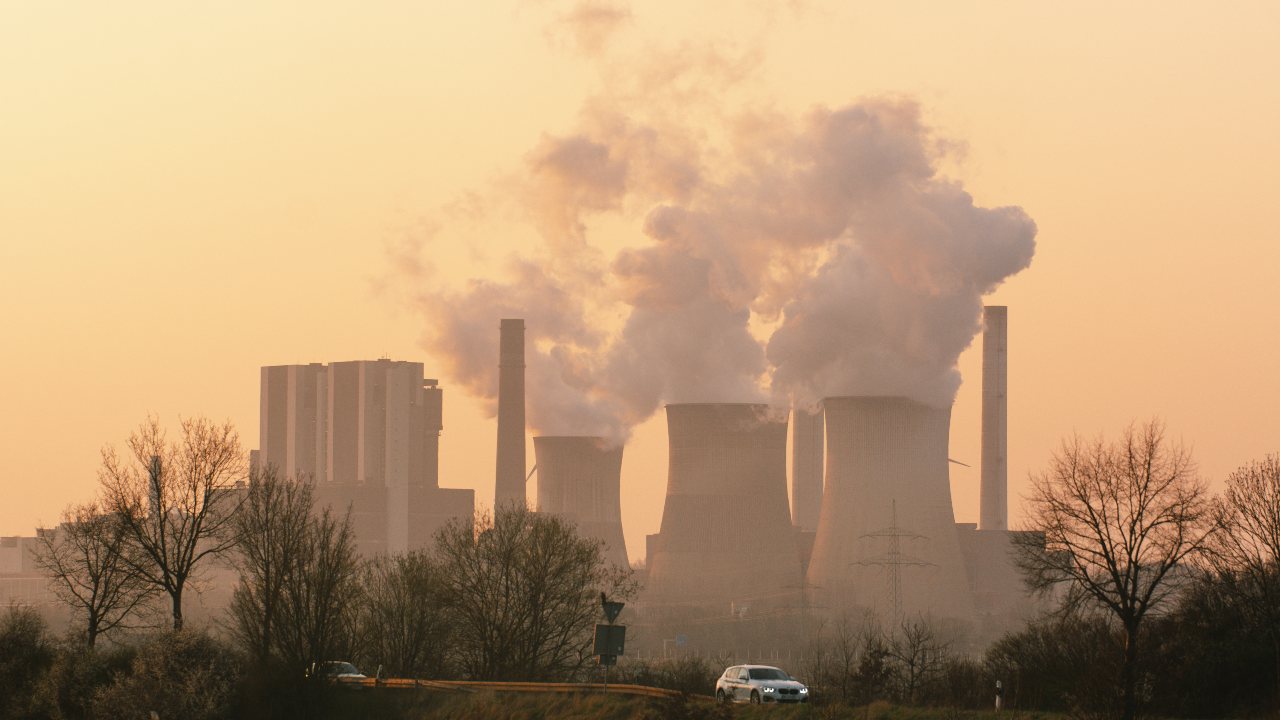Until the unprovoked Russian all-out attack on Ukraine on 24 February, there was an understanding that economic ties and trade would keep aggression, conflict, and war at bay, as economic interests were thought in most cases to override military interests.
President Vladimir Putin of Russia taught the world otherwise. He launched a war to subjugate a country he thought should never have gained independence with the fall of the Soviet regime, an action many Western countries thought implausible, if not impossible. In obvious shock, the West reacted swiftly and in concert with unprecedented economic sanctions on Russia. In preparing the eighth batch of sanctions, the West hopes to contain any possibility of the war in Ukraine escalating into NATO territory.
Russia’s aggression has been described as following the logic of a traditional, old-fashioned imperial war. The conflict the Kremlin envisaged would last for three days did not go according to plan and as the losses and deficiencies of the Russian army have become apparent, the war has taken a turn towards unconventional forms of hybrid warfare. Russia, at first restricted energy exports to Europe in May, followed by ending gas exports altogether in August, and continued with the suspected sabotage of the gas pipelines of Nord Stream 1 and 2 in late September. Gas prices have surged across Europe and left its energy markets in disarray, with potentially grave consequences for the security and defense of Europe.
It is true that European energy markets were showing signs of unease before February; the price of gas increased during the fall of 2021, and by January the German utility company Uniper, the largest distributor of gas to German homes, was in serious trouble. The majority owner of Uniper, the Finnish utility company Fortum, which is majority state owned, came to Uniper’s rescue with an €8bn ($8.16bn) of what was effectively Finnish taxpayers’ money.
After Russia’s all-out invasion, there was little thought that Russia might disrupt supplies given its clear need for export revenue. That was wrong — there have been severe problems. Putin closed down Nord Stream 1, and by July Uniper was again on the brink of bankruptcy. Emergency meetings between the German government, Uniper, and Fortum followed, with the background involvement of the Finnish government, resulting in an increased German state stake in Uniper, and a dilution for Fortum. Worse was to come.
European energy markets continued to plunge throughout August, with Uniper losing €100m a day and Fortum suffering severe cash flow problems from surging collateral costs. In early September, Fortum was forced to seek another bailout by the Finnish government through two multi-billion euro loan packages, while the German government finally acted to nationalize Uniper on 21 September with a total injection of €30bn. In the deal struck between the Germans and Finns, Fortum will lose a significant portion of its assets in Sweden on water and nuclear energy held by Uniper, but has received some of its loans to the company. The total loss has been €5.5bn. These sums are huge, particularly given that Finland’s entire state budget is €64.8bn.
But the broader lesson is the illumination of a hitherto neglected aspect of national security —the critical importance of protecting critical infrastructure and of energy security, which are so central to the functioning of modern, high-tech societies. Linked to this is the need for close allies such as Finland and Germany to stick together and reject Russian pressure.
Although Russia has succeeded in creating a pan-European energy crisis of a magnitude not seen since the early 1970s — at enormous cost, as Uniper and Fortum show — it has not deterred Europe from making hard decisions to swiftly sever its energy dependence on Russia and strengthen its strategic autonomy. The European Union (EU), usually at its best under extreme pressure, has forged agreements on energy consumption limits, on price caps, and on windfall taxes for utility companies. European countries have cushioned their citizens and companies from soaring energy prices with €500bn of aid, and shown impressive resilience and determination to meet the Russian challenge.
Europe will suffer serious economic strain for some time to come, but the long-term economic losses to Russia are far greater than Putin’s regime might have grasped. A previously loyal energy client, Europe will very soon be able to sever its energy ties to Russia, perhaps permanently. The disturbances brought about by Russia’s hybrid actions directed at critical infrastructure (such as its suspected sabotage of the twin North Stream pipelines), have merely spurred Northern Europe to heighten preparedness and protection of critical infrastructure.
The Nordic countries are prepared for energy disruption during the coming winter, employing their strong whole-of-government model on preparedness, involving all sectors in society facing hybrid, cyber and conventional threats.
They are prepared for what we might call Europe’s Energy Winter War.
Charlotta Collén is a Senior Fellow at the Center for European Policy Analysis (CEPA) and is a former senior official at the Finnish Ministry of Defense.




